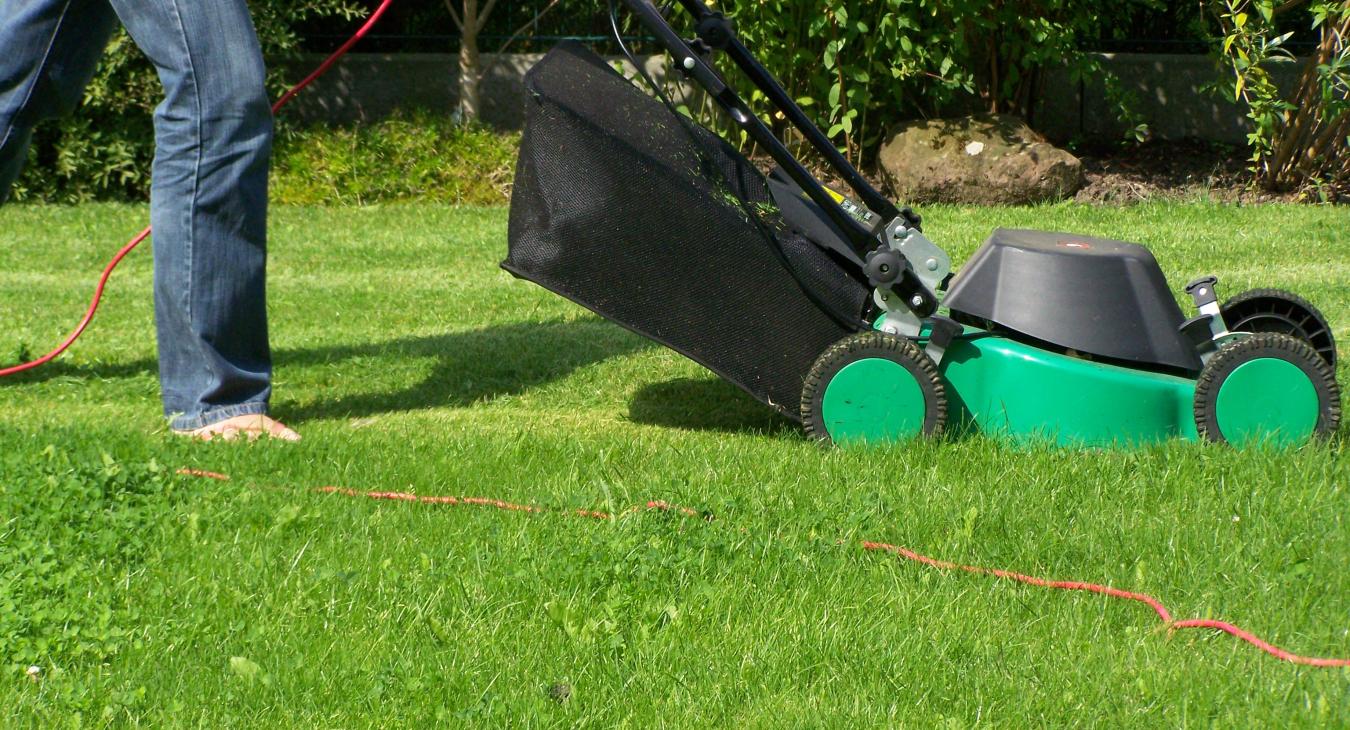
With summer well underway you may be planning on doing a bit of gardening or DIY around the house. Whilst these can be enjoyable projects to get stuck into, they both come with dangers that are overlooked all too often.
Find out more about staying safe from electricity this summer including guidance and tips if you are looking to carry out electrical work in your home by yourself.
The Dangers Of Electrical DIY
We’re all for a bit of DIY around the house, but without proper equipment and adequate knowledge, it can be very dangerous (and expensive!) with NAPIT reporting that one-third of electricians said they spend around 25% of their working time correcting botched DIY jobs.
Additionally, for extensive jobs such as rewiring, you will legally need to prove that all the work done meets the requirements of Part P of the Building Regulations. Not doing so is a criminal offence, can result in expensive remedial work and will make the process of selling or renting out your home in future very difficult.
Whilst it is possible to have a qualified electrician come and certify your electrical work after it is completed, it can be difficult to find a reputable electrician that offers this service due to the risks involved to them on a minimal return.
Electrical DIY Work You Can Do At Home
That being said, there are plenty of DIY electrical jobs you can carry out easily and safely around your home Including:
• Changing light bulbs
• Replacing a blown fuse
• Cleaning and maintaining smoke and carbon monoxide alarms
• Changing the battery of your burglar alarm
• Trip testing your RCD
• Checking the condition of your fuse board/consumer unit
• Visually inspecting cables, sockets and appliances for any damage
Check out our video tutorial gallery with walkthroughs on basic jobs you can do in your home:
If you do experience problems whilst carrying out electrical work, don’t hesitate to call us for advice on 0117 303 9000.
Electrical Safety Considerations When Carrying Out Electrical Or General DIY
To ensure that you are working in the safest possible way when undertaking DIY jobs – here a couple of things to consider whilst doing electrical or general DIY around the home:
• Be cautious of drilling into your walls, this could result in a drill going through your wiring unless you know exactly where it is.
• Switch off the power before carrying out any DIY work near lights, wiring or other electrical fittings.
• Be sure that your children know about the dangers that come with electricity, check out our top electrical safety tips for adults and their children for steps on how to do so.
• Ensure that your RCD is operational before carrying out any DIY work –use a plugin RCD if necessary.
Staying Safe Whilst Doing Work In The Garden
In addition to work in the home, you may do some gardening or carry out other work in the garden, here are our top tips on staying safe whilst doing so:
• Use a plug in RCD for any appliances such as lawnmowers being used outdoors, this will prevent injury should you accidentally cut through the wire.
• Visually inspect the condition of your electrical tools before switching them on.
• Switch off any drills or other power tools before cleaning or adjusting them.
• When shopping for water feature pumps, follow manufacturers instructions during installation, call an electrician if you’re unsure.
• Consider investing in waterproof sockets in sheds and out buildings.
• Ensure that you store your equipment in a dry place when putting them away.
Advice When Going Abroad
If you’re heading out on holiday for the summer, you’ll need to ensure that you are carrying a plug that is compatible with the power outlets where you are going. You can find a full list of the different types of plugs and sockets and the countries they are used in here.
Your Local Friendly Electrician
If you’re planning any extensive electrical DIY projects this summer and need advice, or have a botched DIY job that needs repairing – we can help. As NICEIC approved contractors, all of our work conforms to British Standard 7671 and is Part P Compliant.
Give us a call on 0117 303 9000 or fill out a contact form and we will get back to you.










